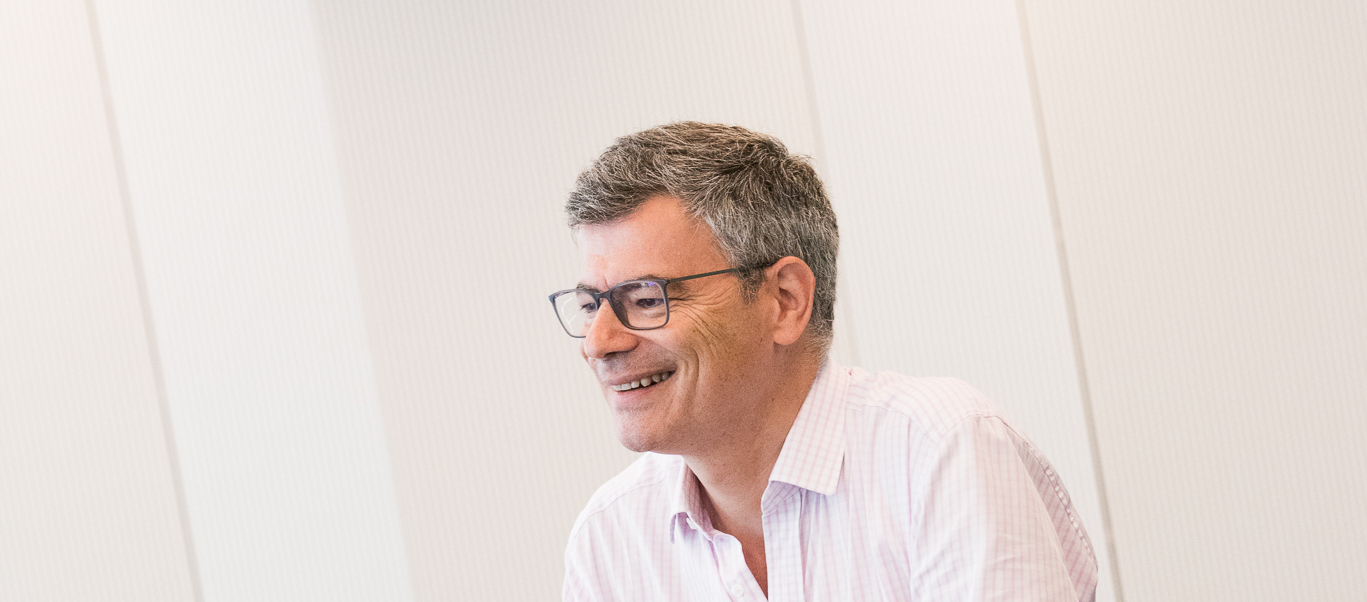
“Marketing has been the daughter of globalization and marketing will be the mother of sustainability.”
So said Frédéric Dalsace, IMD Professor of Marketing and Strategy as he addressed guests at IMD’s 2019 Annual International Alumni Event, held on its Lausanne campus.
Professor Dalsace outlined the historical development of marketing as a tool for efficient communication between vendors and customers and defined its key role in the shift towards more sustainable production and resource consumption in the emerging business era.
“In the resource-based view of the world we must make sure we use our finite resources both efficiently and equitably,” he said, “We must organize the efficient and equitable distribution of resources and marketing has a special role to play here,” he said.
Marketing’s inherent visibility will be its strength, as it shifts the dial on concepts such as co-organizing the more efficient use of resources, promoting the sharing economy in which everything from cars to drills can be a shared resource for a community, rather than the possession of a single user, and essentially advance the shift from a linear to a circular economic model.
“Marketing can help further more efficient development and production processes – making sure that as a society we squeeze the lemon: use every scrap of resources, and we can persuade towards a more efficient product usage,” he said.
Professor Dalsace then introduced IMD alumni and CEO of Neovili Milena Amaral, who has leveraged her considerable professional experience in Brazil’s fast-fashion industry to create a platform for the fashion industry to measure its ecological footprint across its supply chain.
Amaral noted the industry in its democratized fast-fashion incarnation is a high polluter and lacks transparency. However, it is also an industry that relies on brand equity and identity. This inspired her to create a platform that diagnoses, measures and suggests corrections to industry players interested in assessing the footprint of their products.
Neovili’s indicators adhere to the UN’s Sustainable Development Goals (SDGs) and the platform makes suggestions on positive steps a business can take to offset its negative footprint. These include reforestation with long-term agreement and blockchain encryption attesting investment or the creation of drinking water facilities in vulnerable locations related to the manufacturing process.
The Canadian sports apparel company Lululemon has committed to the company’s first consortium project for bio-based textiles and goods production. However, despite the steady increase in awareness from the fashion industry, Amaral points out that emerging markets present a challenge to innovators and changemakers.
“It is relatively easy to tell mature markets to slow down [on consumption]. Emerging markets, however, are excited consumers,” she said.
For Professor Dalsace, that presented a marketing opportunity: “This is great news! We have found the enemy and we are the enemy,” he said. “It presents a change-of-mindset opportunity and it is much easier to change user mindsets than business mindsets.”

